Man in the White Suit, The (1951)
“He’s made a new kind of cloth. It never gets dirty, and it lasts forever!”
|
Synopsis: |
|
Genres, Themes, Actors, and Directors:
Response to Peary’s Review: As indicated in the quotes above, Peary’s review focuses exclusively on the social message of The Man in the White Suit (based on a play by Scottish writer Roger MacDougall) — and a powerful, smartly scripted message it is, never dumbing down its content, and unafraid to take the outrageous scenario all the way to its bitter end. Yet there are other noteworthy elements in the film to call out as well — starting with Guinness’s portrayal as the iconoclastic genius, simply one of many outstanding performances he provided for Ealing Studios during this early period in his career. Meanwhile, film fanatics will surely be tickled by the irony of Ernest Thesiger (who portrayed one of cinema’s most iconic “mad scientists”, Dr. Pretorius, in James Whale’s The Bride of Frankenstein) being cast here as a character diametrically opposed to Guinness’s “semi-mad” initiatives. And Joan Greenwood is impressive in what could easily have been a thankless role, as the daughter and fiancee of industrialists who experiences a growing sense of social consciousness over the course of the film (indeed, in some ways, her character possesses more dimension than Guinness’s). Also of note are the fine set designs (both inside the two laboratories, and out on the streets), and Douglas Slocombe’s consistently atmospheric cinematography. Finally, as director of the entire affair, Alexander Mackendrick clearly deserves kudos as well. He strikes a fine balance between dark humor and social gravitas, giving us one of the most uniquely subversive cinematic stories ever told. Redeeming Qualities and Moments:
Must See? Categories
Links: |
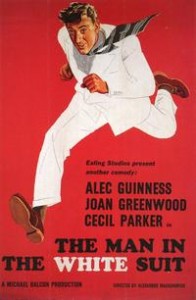
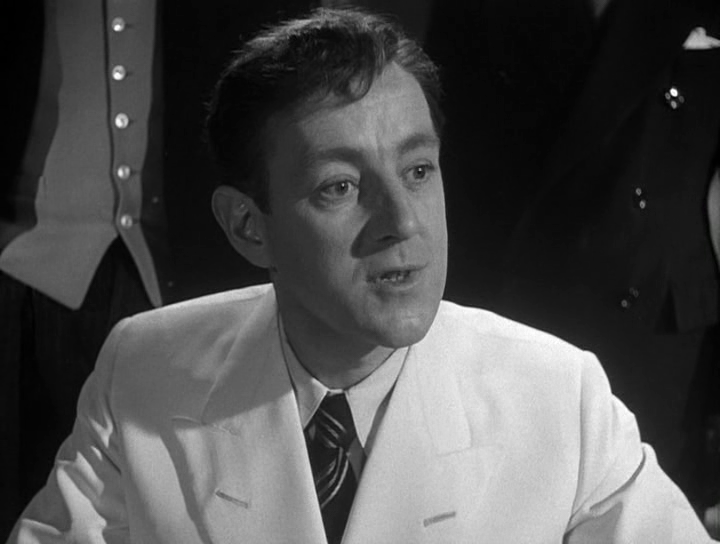
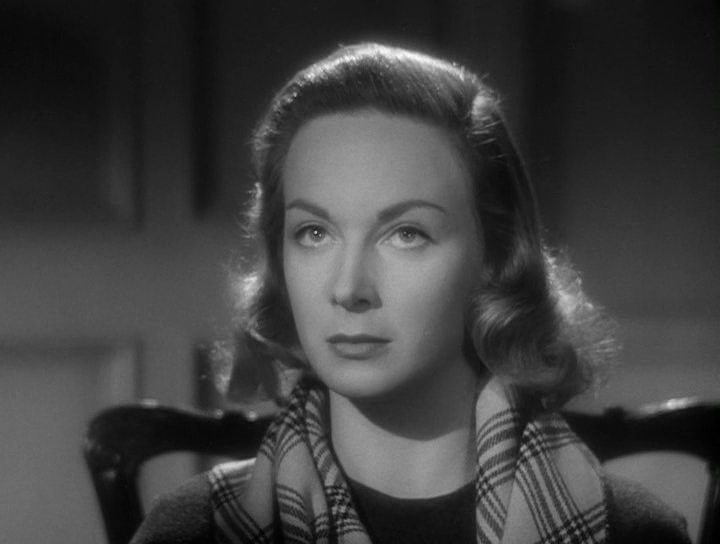
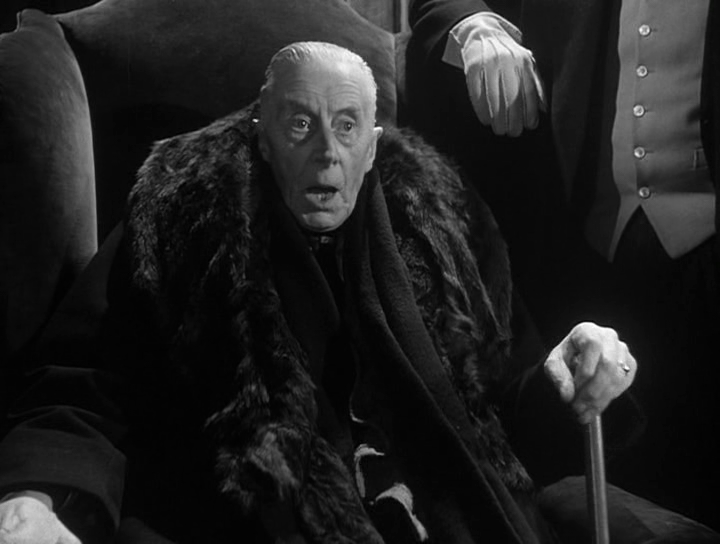
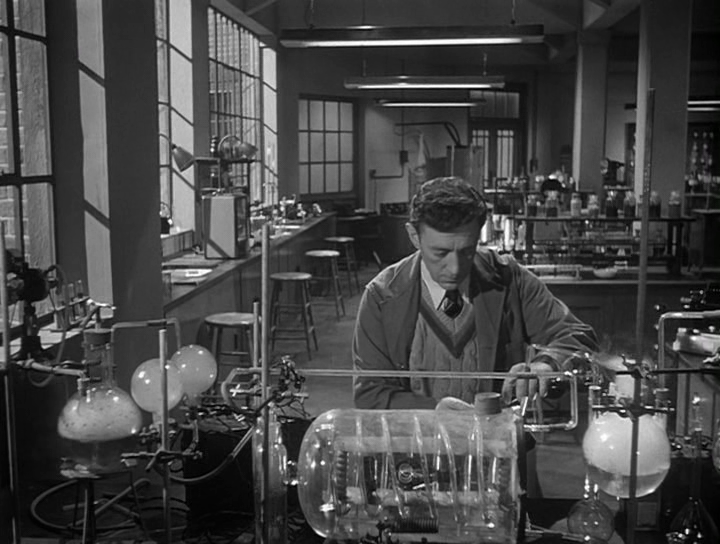

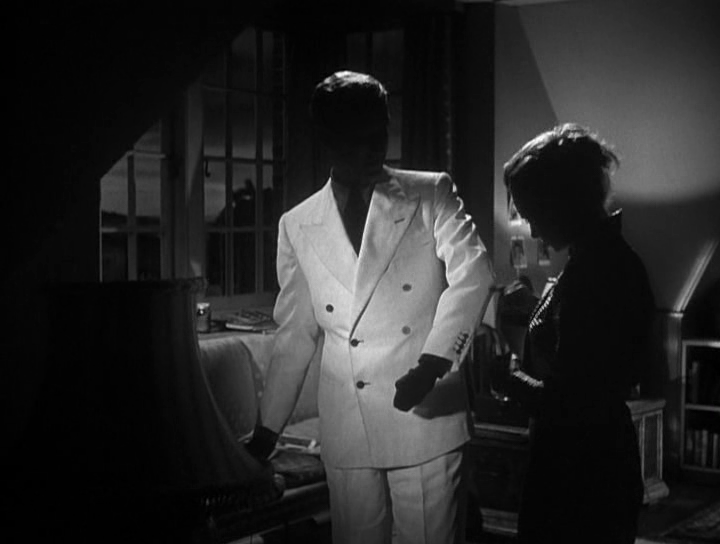
One thought on “Man in the White Suit, The (1951)”
A once-must for Guinness’ performance.
I hadn’t seen this in many years – and seeing it again I find I admire it more than I love it.
The level of expertise is high – with director Mackendrick earning particular praise for his keen precision in handling what is, in some ways, very dry material. The story takes a bit of time warming up – but, as the plot begins to unfold during the exposition, it’s clear that Mackendrick is there for every opportunity to bring out the humor for characters who each take themselves way too seriously.
Among them, Guinness (of course) stands out – the actor knows exactly who this more or less anti-social man is, and how he reveals that is through looks, gestures and the tentative tone of his voice.
For me (somewhat alas), once the invention comes to light, the development of the film flatlines a bit and, even though there is a conflict re: the threat to industry, a certain thinness of narrative appears…leaving not a whole lot (save a surprising twist) as the film draws to a close.
That said, it’s certainly not a bad film – I suppose I’d prefer it if it had a bit more meat to it.
What seems to make this comedy unique is that it seems to have scientists and inventors as the target audience – for surely how could such a crowd not love it?